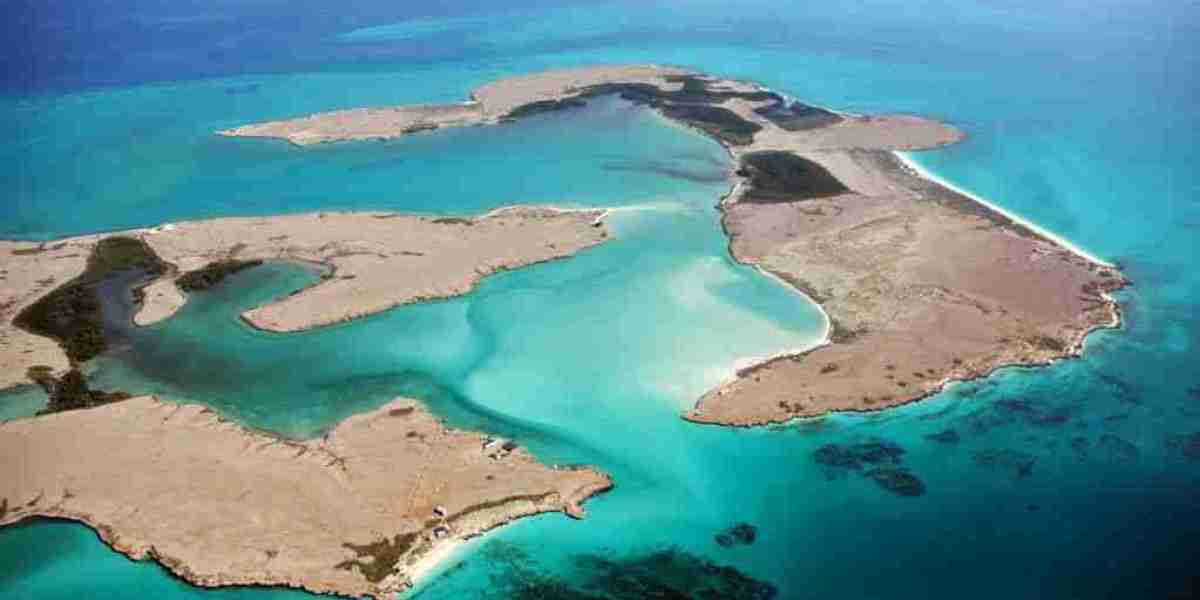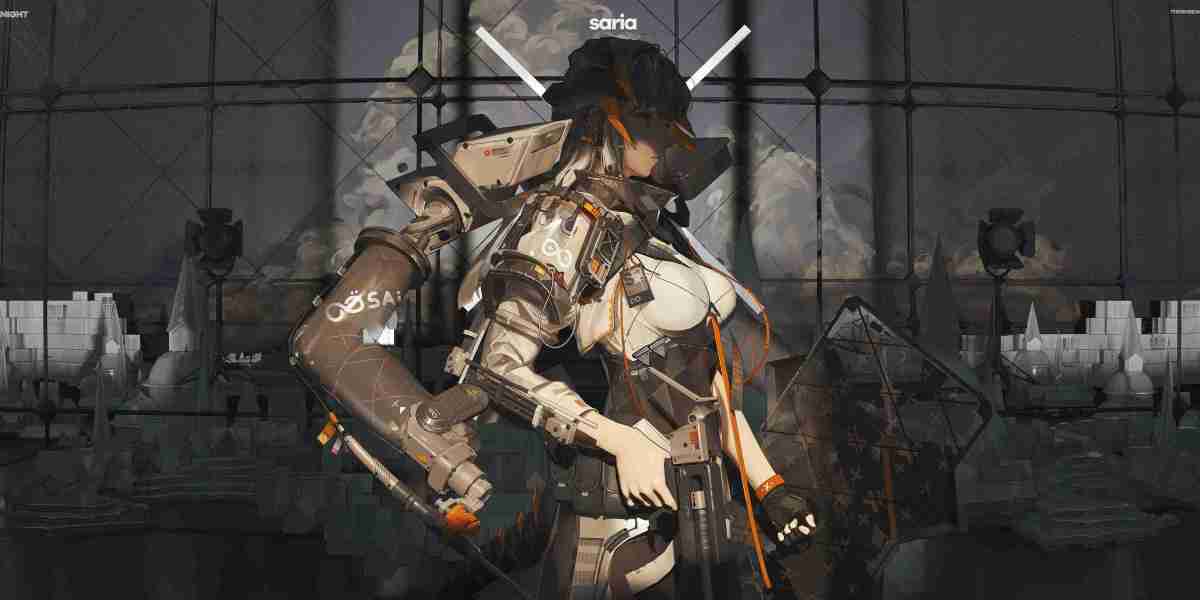Tucked away in the Horn of Africa, Djibouti is a country that often escapes the spotlight, a tiny speck on the map overshadowed by its larger neighbors. This, however, is where the illusion of insignificance ends. To overlook Djibouti is to miss one of the most geologically dramatic and strategically vital nations on the continent. For any visitor planning an expedition to this remarkable country, securing the right djibouti hotel is the essential first step in unlocking its wonders. It is a land of surreal extremes, where the earth is literally tearing apart at the seams and where lakes of astonishing saltiness lie in sun-scorched craters. From its pivotal role in global geopolitics to its landscapes that feel borrowed from a science fiction novel, Djibouti is a repository of fascinating stories. Let's embark on a journey to uncover the compelling facts that define this unique corner of the world.
Djibouti’s story is deeply intertwined with its geography and its history as a French colonial outpost. For nearly a century, from 1888 to 1977, it was part of the French colony of Somaliland, serving as its capital from 1894. Its journey to independence saw a name change to the 'French Territory of the Afars and the Issas' in 1967 before finally emerging as the fully independent Republic of Djibouti a decade later. This history is woven into the very fabric of its national identity, symbolized by a flag where light blue represents the Issa people and the sea, light green stands for the Afar people and prosperity, and a white triangle with a red star signifies peace and unity. The nation's population, the smallest on mainland Africa at just over 957,000, is primarily composed of these two main ethnic groups, the Somali and the Afar, with the capital city, Djibouti City, accounting for a staggering 76 percent of all inhabitants.
The country's physical landscape is nothing short of extraordinary. Djibouti holds the dramatic distinction of being home to Lac Assal, a crater lake that is the lowest point in Africa at 155 meters below sea level and the third lowest on Earth. This lake is not just low; it is also the second saltiest body of water in the world, a staggering ten times saltier than the sea. This otherworldly environment is part of a larger geological drama. The country sits directly atop the Afar Triple Junction, a place where three of the Earth's tectonic plates—the African, Somalian, and Arabian—are slowly pulling away from each other, making it a living laboratory for geologists. Further adding to the dystopian scenery is Lac Abbé, a plateau dotted with hundreds of limestone chimneys that belch steam, some towering 50 meters high.
| Category | Fact |
|---|---|
| Geography | Third smallest country in continental Africa (23,200 sq km) |
| Population | Least populated mainland African nation (957,273 people) |
| Extreme Feature | Lac Assal: Africa's lowest point (-155m) & world's 2nd saltiest water |
| Geology | Located on the Afar Triple Junction (3 tectonic plates separating) |
| Independence | Achieved full independence from France in 1977 |
This strategic location at the mouth of the Red Sea, along the world's busiest shipping routes, has granted Djibouti an importance that far exceeds its size. Its status as a model of stability in a volatile region has made it a magnet for foreign military powers. Several nations, including France, China, and the United States, host bases here, with Camp Lemonnier standing as the only permanent US military base on the entire African continent. On a civilian front, a new 750-kilometer railway line opened in 2017, linking the capital to Addis Ababa in Ethiopia and symbolizing a new era of economic connection, a development that helped prompt Lonely Planet to name Djibouti one of its Best in Travel destinations for 2018. For the intrepid traveler, the rewards are unique: swimming with majestic whale sharks along the coast or exploring the bizarre landscapes of Lac Abbé. Visitors should be aware, however, that it is illegal to photograph infrastructure like ports and bridges, with serious penalties involved.
To complete our picture of Djibouti, here is a numbered list of additional intriguing facts.
The only Djiboutian athlete to win an Olympic medal is Hussein Ahmed Salah, who secured a bronze in the marathon in 1988.
In a drastic move to halt a string of poor results, the Djiboutian national football team was dissolved in 2017.
Djibouti is one of only 27 countries in the world that does not have a single UNESCO World Heritage Site.
The mild narcotic leaf khat is widely chewed throughout the country, imported daily from Ethiopia and Kenya.
The original railway linking Ethiopia to Djibouti was a French project opened a century prior, in 1917.
From its record-breaking landscapes and complex geology to its nuanced role on the world stage, Djibouti is a nation that challenges preconceptions. It is a place where the forces of nature and global politics converge, offering a unique brand of adventure for those willing to look beyond the map.





